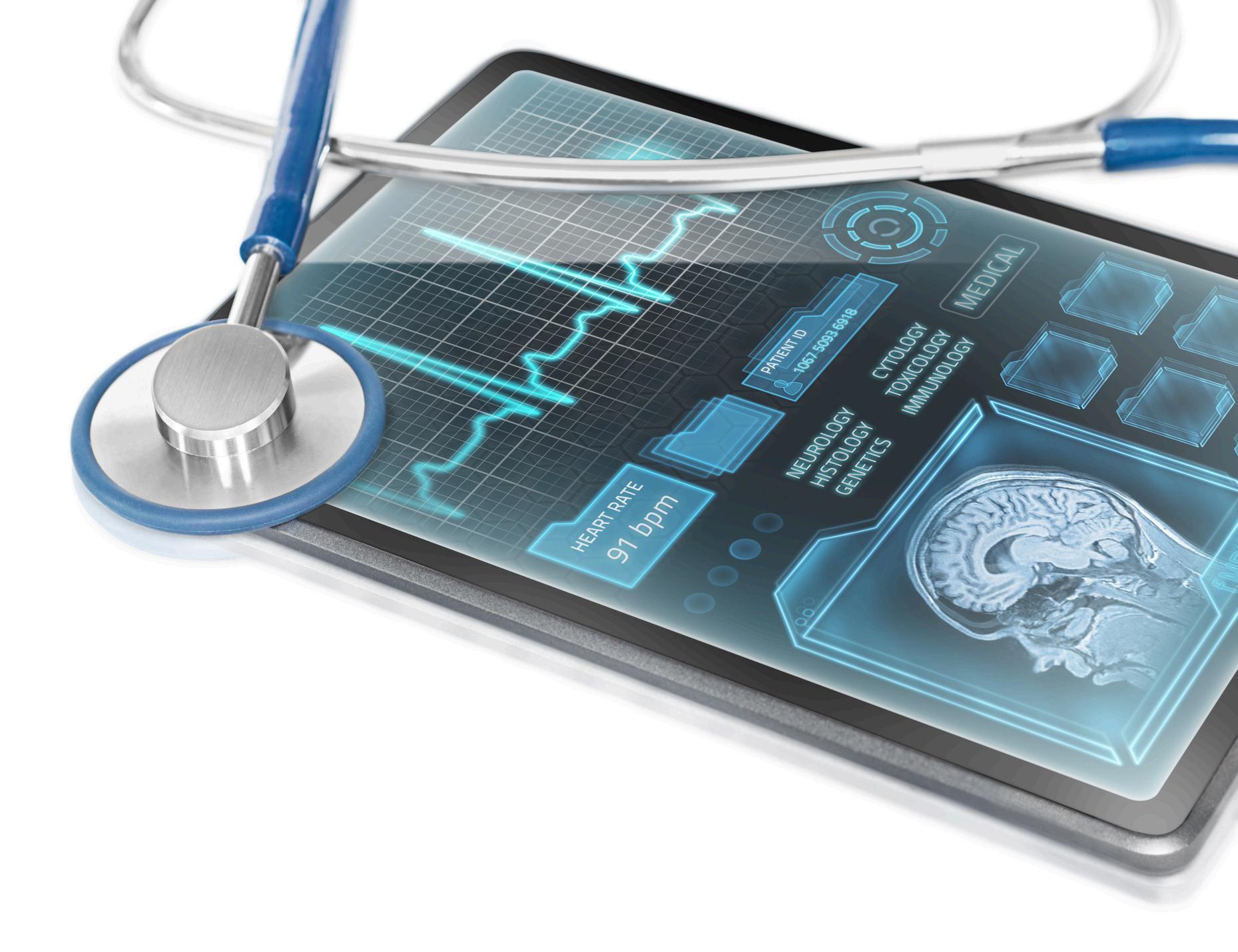
1 minute read
How AI Will Assist Primary Care Doctors in Optimizing Initial Diagnosis of Patients.
By Cheryl Petruk, MBA, B.Mgt.
Artificial Intelligence (AI) is revolutionizing various sectors, and healthcare is no exception. Primary care doctors, who are often the first point of contact for patients, can significantly benefit from AI in optimizing initial diagnoses. This article explores how AI technologies are poised to enhance the accuracy, efficiency, and overall quality of patient care in primary settings
EnhancedDiagnosticAccuracy
One of the most promising aspects of AI in primary care is its potential to improve diagnostic accuracy. AI algorithms, trained on vast medical records, images, and clinical studies datasets, can identify patterns and correlations that humans might miss. For instance, AI can analyze symptoms and medical history to suggest possible diagnoses, often with a higher degree of precision than traditional methods. The benefit of AI is particularly true for identifyingrarediseasesorconditionswithnon-specificsymptoms.
EfficientTriageandPrioritization
AI can assist primary care doctors in triaging patients more effectively. By analyzing patient data, AI systems can determine the urgency of each case and prioritize appointments accordingly, ensuring that patients with severe or life-threatening conditions receive immediate attention. At the same time, those with less critical issues are seen later. Such efficient triage can help reduce waittimesandimprovethepatientexperience.
PersonalizedTreatmentPlans
AI can analyze a patient’s medical history, genetic information, lifestyle, and other factors to recommend personalized treatment plans. This approach ensures that treatments are tailored to individual patients, improving outcomes and reducing the risk of adverse reactions. For instance, AI can suggest the most effective medications for a patient based on their genetic makeup, thereby optimizingthetreatmentprocessfromtheinitialdiagnosis.










